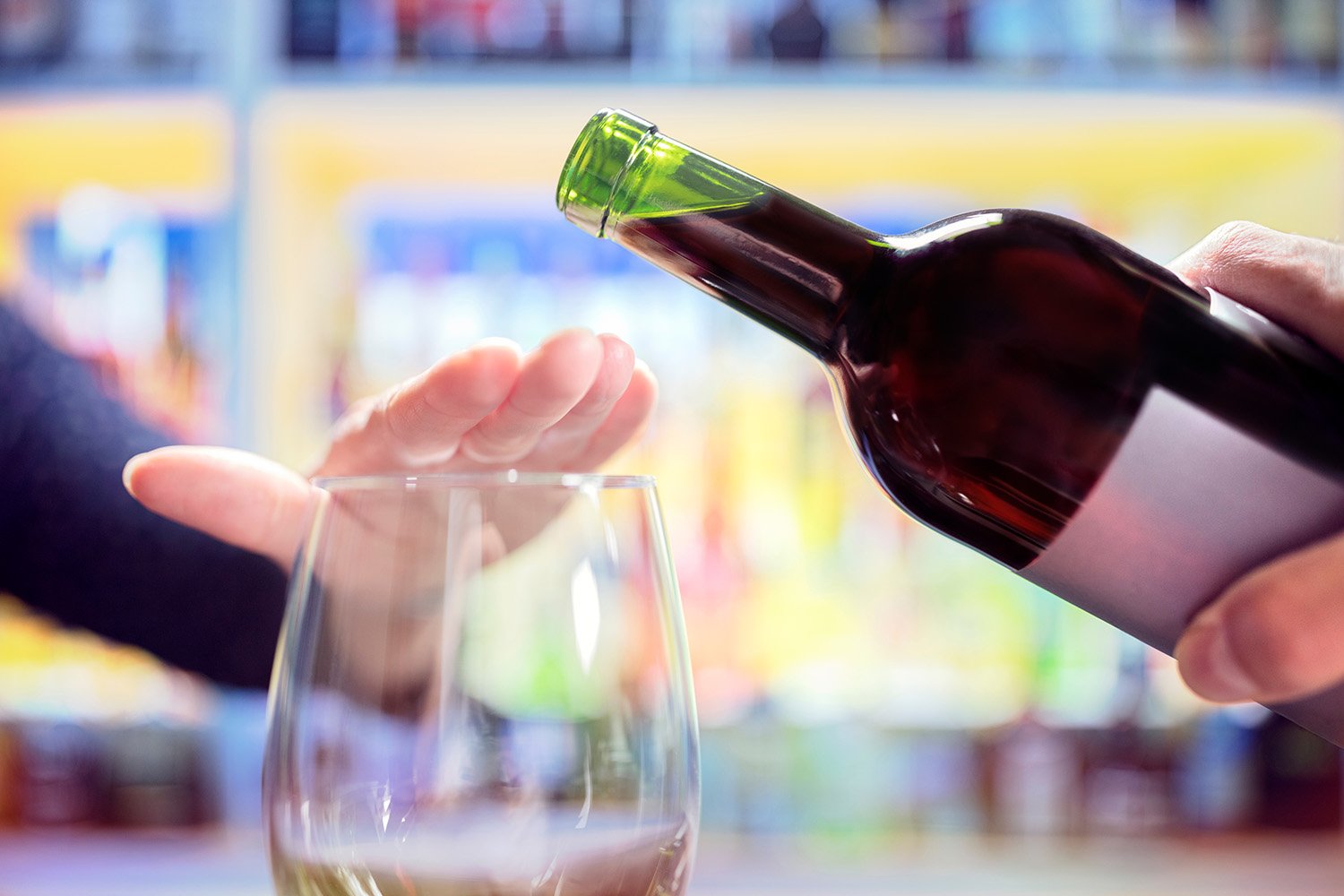Alcohol Prevention
September is Alcohol Prevention Awareness Month. The purpose is to point out the stigma that still surrounds alcoholism and substance abuse and to highlight the need for education on the dangers of unsafe alcohol consumptions.
For many, denial is a common trait among those struggling with alcoholism or alcohol abuse. They often underestimate the amount they drink, the duration of their drinking problem, the impact it has had on their life, or overestimate their ability to control their drinking or to quit. Denial is also common among friends and family members who are uncomfortable acknowledging the gravity and reality of the situation.
With this in mind, Alcohol Awareness Month gives public health bodies, community centers, and treatment facilities the chance to increase their efforts to reach people who may not fully appreciate the dangers of unhealthy alcohol consumption.
These organizations—many of which are part of National Council on Alcoholism and Drug Dependence’s (NCADD) National Network of Affiliates—launch campaigns on social and traditional media during the month of April to draw attention to the causes of alcoholism, the signs and effects of the condition, how to talk to a loved one about a drinking problem, and how to find treatment options.
These campaigns can include advertising, especially in areas that are prone to abusive alcohol consumption like college campuses. According to the 2018 National Survey on Drug Use and Health (NSDUH), 54.9% of full-time college ages 18 to 22 students drank alcohol in the past month among, 36.9% engaged in binge drinking in the past month, and 9.65% engaged in heavy alcohol use.2
Programs like Alcohol Awareness Month exist to ensure that families and communities have the resources, information, and options available to control the crisis of alcoholism.
Free and low-cost alcoholism treatment is available.
Effective strategies to protect college students
Dr. Roxanne Del Rio is the Dean of Students at North Central Texas College and recently published an article to the Denton Record-Chronicle about the vulnerability of college students to alcohol abuse, the risks and dangers it poses, how it may manifest, and how to prevent it. She discusses NCTC’s strategy to combat unhealthy behaviors such as binge drinking and other drug or substance abuse.
TABC PSA Alcohol Poisoning Awareness College
"My Story: Fall Semester”
"My Story: Fall Semester" is a TABC public service announcement about an incoming freshman, Tyler, his new friends and their experiences during his first fall semester at college. Through a series of posts on social media, Tyler shows just how quickly a few college pranks among friends can lead to serious situations. "My Story: Fall Semester" demonstrates how Tyler and his roommate experience hazing at a Greek party, which leads to underage drinking, intoxication, excessive binge drinking and dangerous consequences.
The Texas Alcoholic Beverage Commission and Texas Department of Transportation have partnered on a public awareness campaign to prevent impaired driving and promote legal, safe, and responsible alcohol service. Share the videos below to help protect Texans. One set of videos focuses on families that have lived through tragedy related to impaired driving. The second series shows law enforcement how partnering with TABC and the TRACE unit can help them with alcohol-related cases.
Family Stories
Hear stories of Texas families who have experienced loss related to impaired driving. By sharing these stories, they aim to prevent future tragedies.
#yourchoice
“Your Action….Your Choices" Screening & Brief Intervention(SBI) Survey
You will have an opportunity to measure your alcohol competency with a survey and compare your score using the SBI scorecard.
Receive $15 for completing the Screen & Brief Intervention Survey and compare your score. To learn what your score means schedule yourself for a Brief Assessment; face to face and virtual appointments are available. You are also eligible to receive a $15 for completing the Brief Assessment.
Anyone can take the SBI survey; however you must be a student at NCTC to collect the $15 incentive for completing the survey. It will be placed on your NCTC debit card. If you don’t have a debit card, NCTC will mail the check to the address on file.
NCTC Students, please submit the following information to obtain your $15, via email, to rdelrio@nctc.edu: First Name, Last Name, NCTC Student ID#(this is the ID with all the numbers), Email address, Preferred phone #
Incentives are paid by the Texas Standing Tall/SBI project funded by the Texas Department of Transportation.
RED PROGRAM CAMPUS VISITS
Resources
Denton County
Alcoholics Anonymous
(940) 383-8252 or (940) 566-9989
www.aa.org
Alcoholics Anonymous
(972) 436-4516
www.aa.org
Alcoholics Anonymous
(940) 612-2016
www.aa.org
Cooke County
Alcoholics Anonymous
(940) 322-3213
www.aa.org
Wichita Falls
National Alcoholism & Substance Abuse Information Center
1-800-784-6776
Information Resources
Texans for Safe and Drug-Free Youth
National Institute on Alcohol Abuse and Alcoholism
For information on the causes, consequences, prevention, and treatment of alcohol-related problems from the lead U.S. research agency on alcohol and health.
(301) 443-3860
Sample resources for the public:
Substance Abuse and Mental Health Services Administration
For information about substance abuse prevention and treatment services:
National Institute on Drug Abuse
For information about other drug problems that often co-exist with alcohol problems
(301) 443-1124
National Institute of Mental Health
For information on problems such as anxiety and depression that can co-exist with alcohol problems
(866) 615-6464
Professional Help
Your regular doctor
Primary care and mental health practitioners can provide effective treatment for alcohol use disorder by combining new medications with a series of brief counseling visits.
Specialists in alcohol-related treatment
For specialists in alcohol-related treatment, contact your doctor, health insurance company, local health department, or employee assistance program, or the Treatment Facility Locator, (1-800-662-4357).
In addition, these professional organizations can help you find medical or non-medical specialists for alcohol use disorder in your area.
American Academy of Addiction Psychiatry
(401) 524-3076
American Society of Addiction Medicine
Ask for the phone number of your state's chapter for referrals.
(301) 656-3920
American Psychological Association
Ask for your state's referral number to find psychologists with specialties in treating substance use disorders.
800-964-2000
National Association of Social Workers
Search for social workers with specialties in treating substance use disorders.
Mutual-Support Groups
You may need to try out several groups before finding one that's comfortable for you.
Alcoholics Anonymous (AA)
Check your local phone directory or online for a chapter near you.
(212) 870-3400



